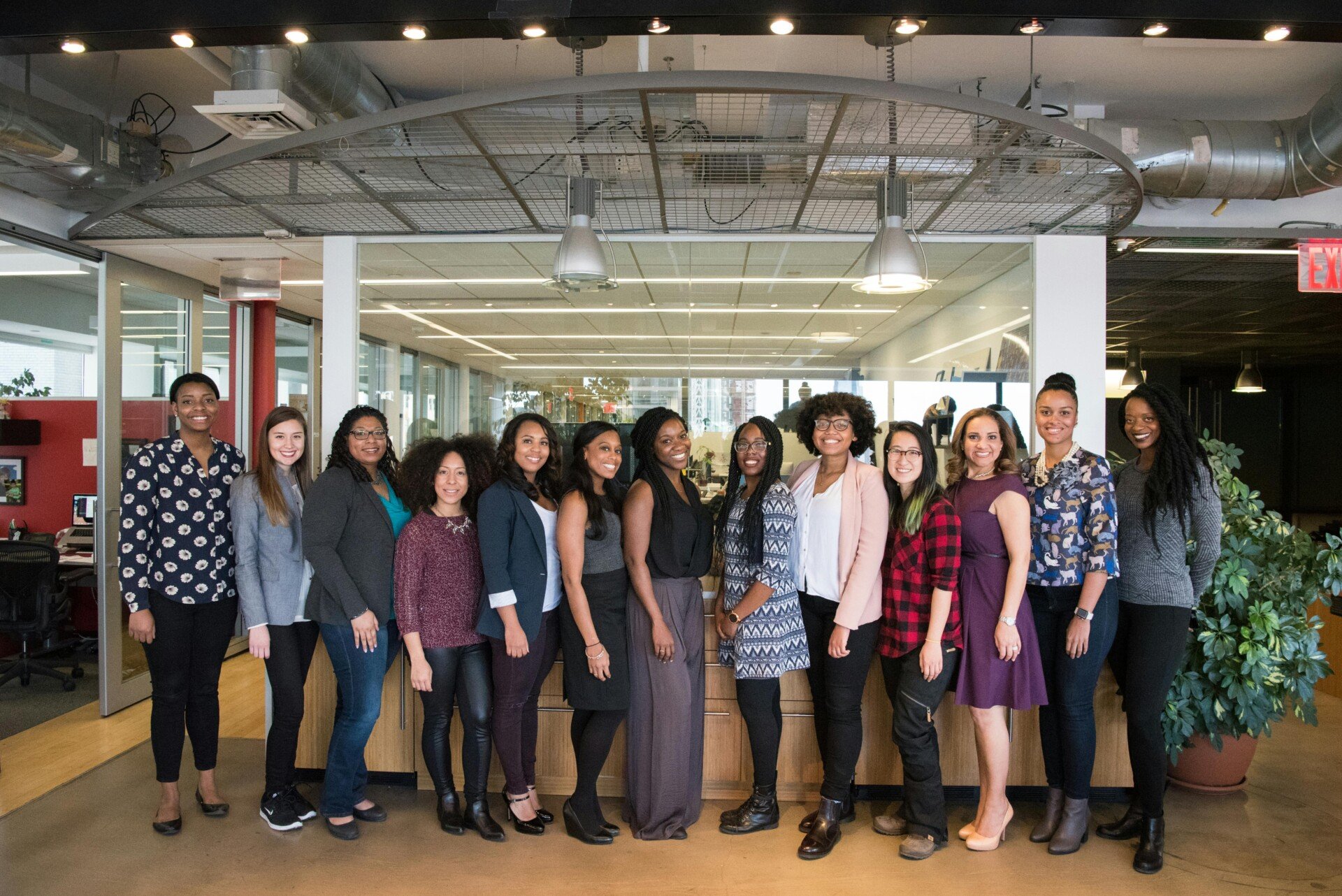In Italy, 46% of women work and the most penalized are working mothers. From these economic-social statistical data, the agreement was born in 2023 between the Government in place and businesses: Code of self-discipline for companies responsible for maternity. Today, a year later, 120 companies have already joined the government program. These companies “invest” in working mothers by concretely helping them to reconcile private life and employment.
The well-being at work of these workers mainly concerns two issues: flexible working hours and an increase in the number of daycare centers.
You too can rediscover the pleasure of staying informed!
Your support helps protect our independence so that we can continue to produce quality journalism that is open to all.
Support us
The government's proposal
From 2008 to today, the number of births has continued to decline and, after maternity leave, one in five women leave their job. The two social phenomena are linked. In the USA, the expression is used work-life balancework-life balance. Even for businesses, the loss of “trained” workers has a cost.
This is how an agreement was born between the government and businesses so that with tax assistance societies are getting involved in concrete measures in favor of motherhood. As specified in Corriere della Sera Eugenia Roccella, Minister of Family, Birth and Equal Opportunities and creator of the political-social project to contain the problem:
“It is essential that work environments are parent-friendlyparticularly towards mothers, so that work and family are, or are perceived, less and less as alternatives between which women are forced to choose… It’s a challenge that puts businesses at the forefront“.
Concrete corporate initiatives in favor of maternity
As indicated in the government program, companies can freely choose resolution initiatives in the following three areas: career continuity for mothers, health prevention and care, flexibility (working hours and arrangements). Thus, companies have worked, in a concrete way, in different sectors in favor of maternity:
- Highways for Italy offers the assistance of a midwife, a psychologist and a nutritionist to new mothers until the child is 12 months old, online or at home.
- The company ENEL reimburses infertility treatments.
- Cassa Depositi and Prestiti extended the planned paternity leave from 10 days to 30 days.
- Unicredit added 10 days to paternity leave, organizes summer and winter camps and offers a Dear managers for support in care pathways.
- The company ENI contributes to the costs of crèche, babysitting and those of summer camps up to 16 years old.
- The company for me energy services GSE it contributes to the costs of school textbooks, music, sports and foreign language courses and, in summer, it offers support, during parents' working hours, with training activities.
- THE Chiesi Pharmaceutical Group – where 54% of workers are women – adds 12 weeks, paid at 100%, over the 12 months of the child's life (including adoption and foster care). This leave also applies to same-sex couples. Optional leave for mothers, normally paid at 30%, is integrated by the company at 100%.
- There Nestlé Italy created, with specialized staff, the “Campus 90 days” active during the closure of nurseries and schools for the children of employees aged 3 to 14.
The difficulty of reconciling family management and work calls into question corporate culture. In fact, companies that offer family benefits have a 25% higher female presence than companies with a low well-being index. Focusing on supporting parents by creating favorable conditions for motherhood is good for business and good for the country.
